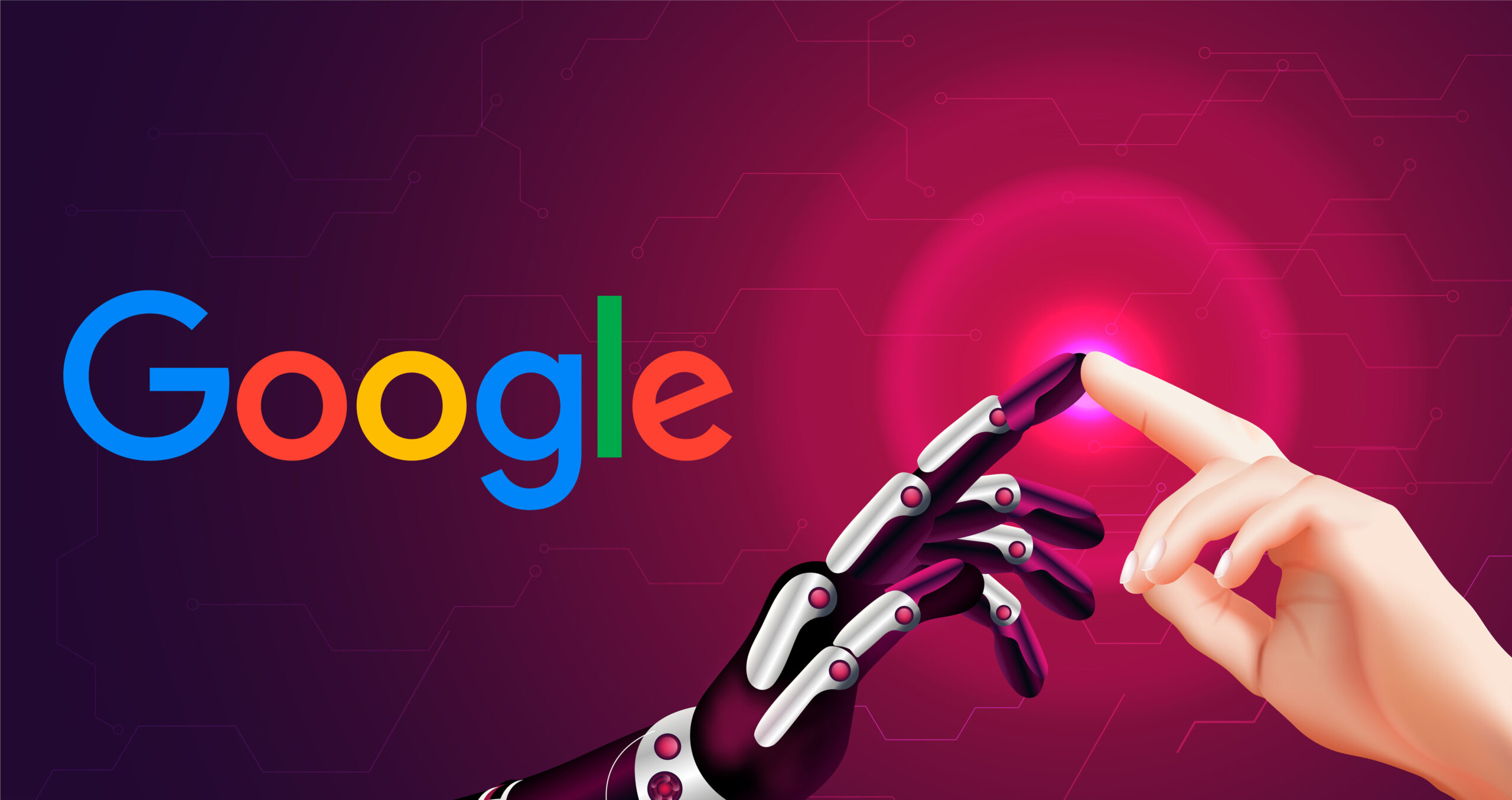Google’s new open-source AI model, Gemma, has the potential to make your next chatbot more responsible and secure.
Based on the same technology as Google Gemini, an open-source AI model called Gemma will enable users to develop their own AI tools and chatbots (the suite of AI tools formerly known as Bard and Duet AI).
The Google DeepMind team created Gemma, an open-source model collection, using the same technology and research as Gemini. According to an official blog post, Google has released a “Responsible Generative AI Toolkit” in addition to the new open-source methodology to assist developers wishing to work with and experiment with Gemini.
The open-source model comes in two variations, Gemma 2B and Gemma 7B, which have both been pre-trained to filter out sensitive or personal information. Both versions of the model have also been tested with reinforcement learning from human feedback, to reduce the potential of any chatbots based on Gemma from spitting out harmful content quite significantly.
A step in the right direction
Although it would be easy to dismiss Gemma as just another model with the ability to generate chatbots—and you wouldn’t be totally incorrect—it’s noteworthy that the business appears to have actually built Gemma with the intention of “[making] AI helpful for everyone,” as stated in the release. With its most recent model, Google appears to be aiming to promote the proper application of artificial intelligence.
Although we’ll have to wait and see what developers may create with Gemma, it’s encouraging to see Google try to approach artificial intelligence responsibly. Gemma was released shortly after OpenAI introduced the stunning video generator Sora. OpenAI has a history of releasing features and products quickly, then clearing up the mess and adding safety measures afterwards (in the vein of Mark Zuckerberg’s famous quote, “Move fast and break things”).
Another intriguing aspect of Gemma is that, while Google Cloud is still an option, it is intended to be operated on local hardware, such as a single CPU or GPU. This means that the next big AI personality may be programmed using something as basic as a laptop. With neural processing units becoming more and more common in computers, it will soon be simpler than ever for anybody to try their hand at creating artificial intelligence.


Leave a Reply